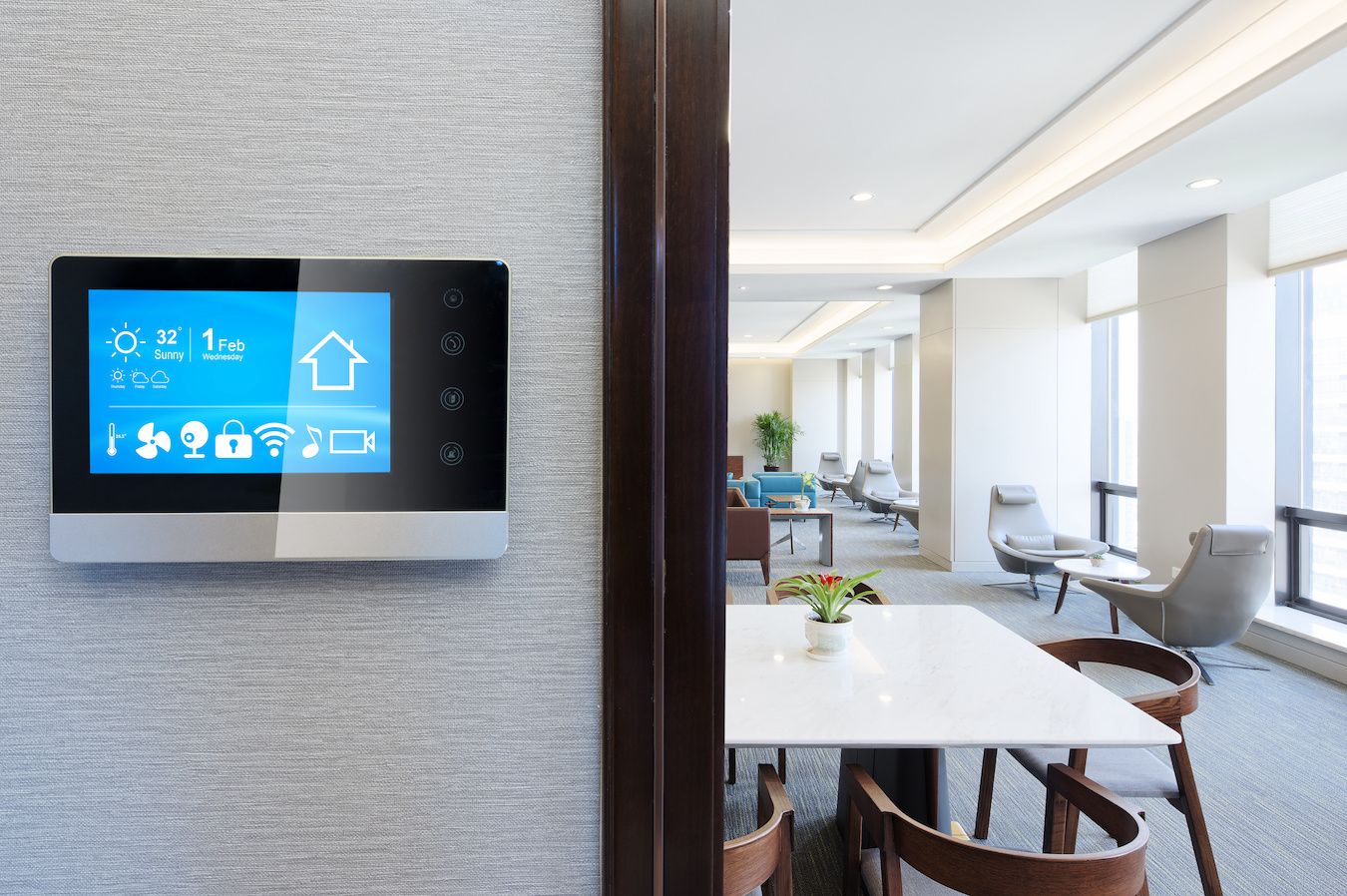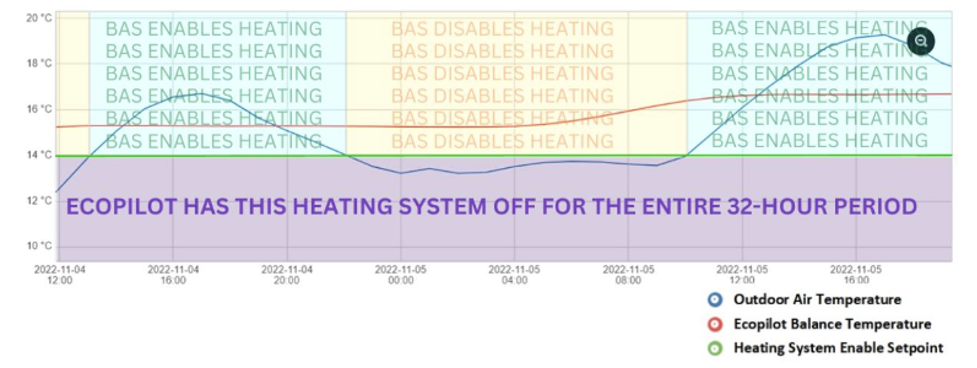WINTER UTILITY BILL SAVINGS FOR COMMERCIAL BUILDINGS

Swing seasons can be a costly time for commercial property owners and managers.
During the winter season, heating your business contributes to a large portion of expenses. With the main priority being to keep buildings hospitable, energy use can be viewed as a commodity – the higher the demand, the higher the price. As a common enemy to business growth, inflation is also making matters worse during this time with energy prices up 33.3%.
Implementing energy efficient methods allow buildings to use less energy to get the same job done. Energy-efficient buildings will play an important role in our transition to a low-carbon future. Globally, they’re responsible for about 40% of global energy consumption, while producing up to one-third of GHG emissions. By only using the amount of energy required, it is one of the easiest ways to eliminate energy waste while lowering energy and maintenance costs. Our technology works best in large buildings that have big energy demands, like multi-unit residential buildings, commercial office spaces, civic buildings, schools, etc. and they are lower heating bills by up to 30% .
The impact of winter on utility bills is felt across the board for businesses each year, making it a crucial time to employ methods that favour efficient energy use. Consider iBOS® the winter saviour of long-term energy savings.
iBOS® provides advantageous efficiency during this seasonal change. Below is a snapshot from a live building that shows how iBOS® saves energy and machine run times, all while maintaining occupant comfort.

The graph above was taken from an iBOS® building last November 4th to 5th. The outside temperature (blue line) swung high, and low over, during this 32-hour period. The building automation system (BAS), operating based on outside air temperature, would have responded to these fluctuations by enabling the boiler (green) then disabling boiler (yellow), and enabling boiler (green) once more.
iBOS® AI (purple) is what’s contributing to all the energy savings. The intelligent HVAC system uses a suite of weather data, internal temperature, and the buildings’ thermodynamics to control the building based on the balance point temperature. Ecopilot opted to keep the heating system disabled as there was no real heat demand required. More importantly, tenants remain comfortable at a cozy 23C/ 73.4/F.
Get a deeper understanding of how iBOS® Energy integrates with existing Building Automation System and goes to work finding your building’s “balance point temperature”. Proactive control using balance point temperature, rather than relying on outside air temperature, offers significant advantages for building HVAC systems. By optimizing system performance based on the specific conditions of a building, balance point temperature helps maintain comfort while maximizing energy efficiency.
iBOS® averages 25% annually in HVAC energy consumption, and all projects include a guaranteed energy savings offer. These savings allow for improved building operations translating to a higher valued business.
Winter is coming. How much will you save?